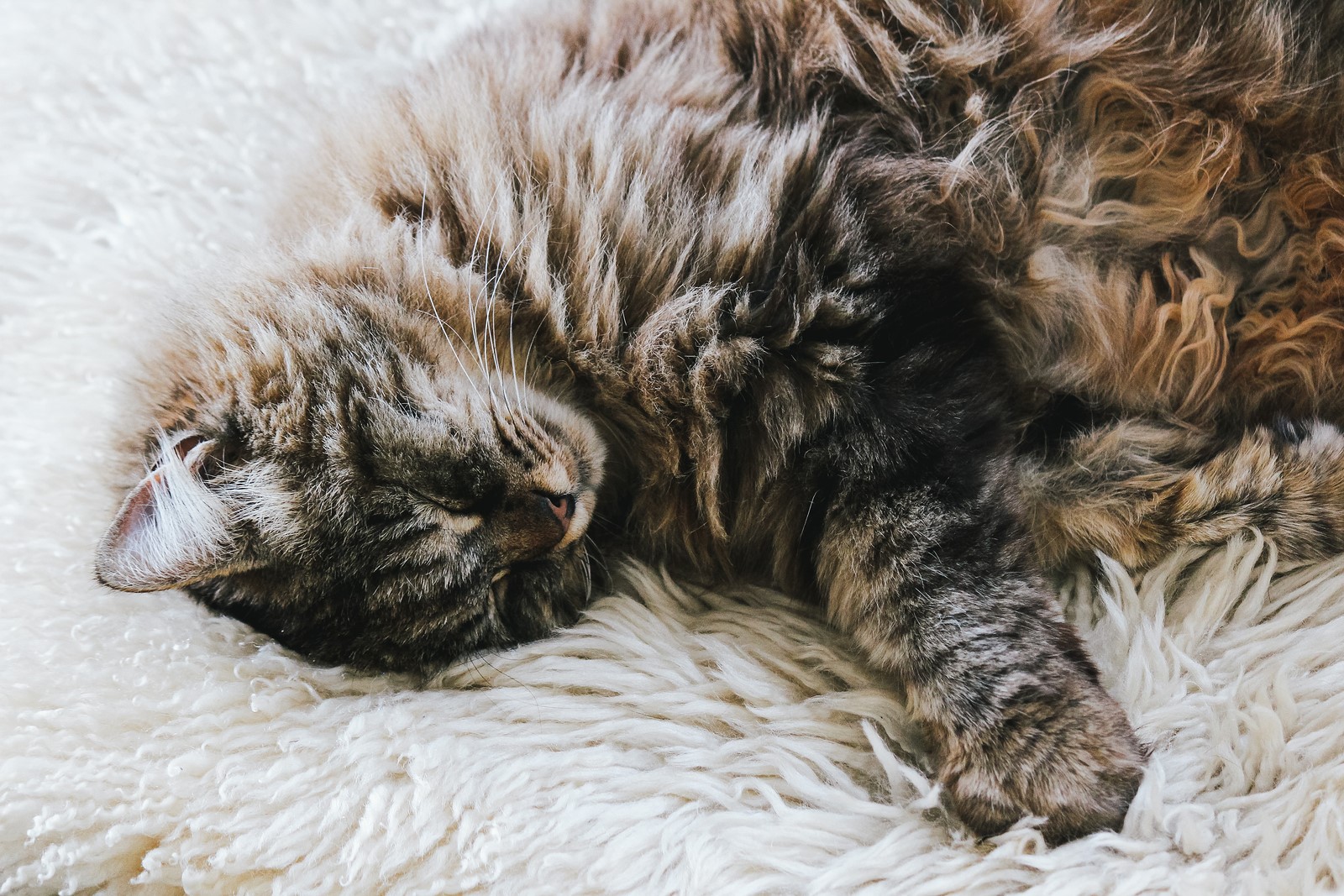Heart Murmurs: What Is It & Why Does My Pet Have It?

Heart murmurs can occur in dogs, cats, rabbits, hamsters, and birds
A heart murmur, despite the “murmur” in its name, is anything but unassuming and unimportant. If undetected early, it can mean impending heart failure and even death for your pet, so always make sure to look out for this quiet warning from your pet’s heart.
That said, not all heart murmurs are a cause for concern – read on to find out what it is, what its causes are, and what it means exactly for your pet:
An abnormal heartbeat
A heart murmur is an abnormal heart sound that is heard when listening to the heart with a stethoscope. It is caused by abnormal turbulent blood flow, when blood passes across abnormal heart valves or across abnormal structures within the heart.
However, it can also occur when blood flows very fast across normal structures, such as when your pet is excited.
Heart murmurs can occur in dogs, cats, rabbits, birds, and hamsters, and is usually described as a soft “whooshing” sound in between heartbeats.
Types of heart murmurs

Heart murmurs can be classified in many ways. Firstly, your vet will determine if its ‘innocent’, ‘physiologic’, ‘pathologic’, or caused by other diseases.
Typically, an innocent or physiologic heart murmur will have a low intensity and will not cause any symptoms or clinical signs. Young animals, especially those of large breeds, have a higher tendency to develop innocent murmurs but these murmurs will naturally go away at about 14 weeks of age.
Your vet will also listen closely to check if it is a systolic murmur, diastolic murmur, or a continuous murmur, and then grade it on a scale of 1 to 6 according to its intensity and volume:
Grade 1 – Barely audible, usually goes undetected
Grade 2 – Soft, but relatively easily heard with a stethoscope
Grade 3 – Intermediate loudness
Grade 4 – Loud murmur that radiates widely, often audible even on the opposite side of the chest
Grade 5 – Very loud, audible with stethoscope barely touching the chest and the vibration is strong enough to be felt through the animal’s chest wall
Grade 6 – Even louder, audible with stethoscope barely touching the chest and the vibration is strong enough to be felt through the animal’s chest wall
The louder the murmur, the more significant the abnormality within the heart. If a young animal has loud heart murmurs (Grade 3 – 6), it may indicate that congenital heart disease is present and should be evaluated by a cardiologist for treatment.
Causes
There are many different types of heart diseases and defects that can cause heart murmurs. From outflow obstruction due to a diseased or dilated heart valve and regurgitant flow because of an enlarged heart or defect in the septum to functional heart murmurs caused by conditions like anaemia, fever, or pregnancy, an echocardiogram is usually recommended so that your vet can pinpoint exactly where the problem is.
As a general guide, conditions that cause heart murmurs can be broken down as such:
Systolic murmurs
- Anaemia
- Heartworm disease
- Hyperthyroidism
- Cardiomyopathy
- Aortic valve insufficiency
- Mitral and tricuspid heart failure
- Systolic anterior mitral motion
- Mitral and tricuspid valve endocarditis
Diastolic murmurs
- Aortic insufficiency
- Mitral and tricuspid valve stenosis
- Aortic and pulmonic valve endocarditis
Continuous murmurs
- PDA
- Ventricular septal defect
- Aortic stenosis
Bad dental health can also lead to heart diseases that may, in turn, cause heart murmurs, but don’t beat yourself up just yet if you’ve not been brushing your pet’s teeth regularly – the oral hygiene has to be extremely bad with rotting teeth and pus in gums for this to happen.
Accompanying symptoms

Signs that your pet might have a heart murmur include breathing problems, often in the middle of the night or after your pet has been lying down for a while. Poor exercise tolerance, fainting spells, pale gums, coughing, poor appetite, and weight loss – or stunted growth if it is a young animal – are also things to look out for.
Keep in mind that the symptoms will depend on the grade, configuration, and location of the heart murmur.
For those with rabbits, it is more difficult to detect heart murmurs and irregularities because not all rabbits with heart disease will have a detectable murmur. Instead, signs of cardiovascular disease in rabbits may mimic other ailments, such as incoordination, weakness, weight loss, depression, enteritis, and breathing difficulties.
Treatment
First things first, take note that you do not treat heart murmurs. It is simply an effect caused by underlying heart or health conditions, and that is what you can and will aim to treat.
As such, the treatment for your pet’s condition will vary from other animals, because it depends entirely on the clinical diagnosis. Most vets will usually recommend X-rays, an electrocardiogram, an echocardiogram (ultrasound examination of the heart), blood tests or other tests for better assessment.

If no medication or treatment plan is needed yet because the heart condition is not too serious, pet owners will be tasked to monitor their pet’s overall health. Look out for signs like exercise intolerance, fatigue/lethargy, fainting, and increased panting, and monitor her sleeping respiratory rate (i.e. no. of breaths per minute) regularly until the next checkup.
If you notice that its respiratory rate is moving towards the high 20s or if it is displaying any of the other symptoms, your pet should be brought in for re-assessment of its condition as it is a common sign of impending heart failure.
Otherwise, treatment can be a combination of specialised diets, medications, and supportive care. Some congenital heart defects can be surgically corrected as well.
Have heart

While heart murmurs can be serious, don’t panic just yet. Many of the causes of heart murmurs can be treatable or managed with proper diet, lifestyle habits, and medication, and in some cases, may even resolve on their own! In any case, catching a heart murmur is always the first step towards addressing the disease, and it is always better late than never.









